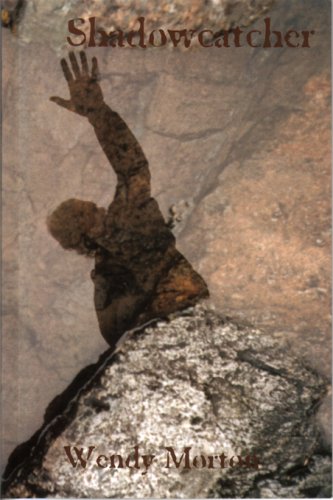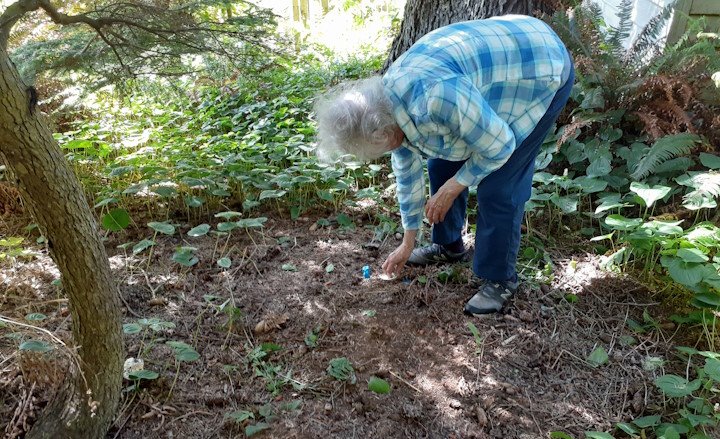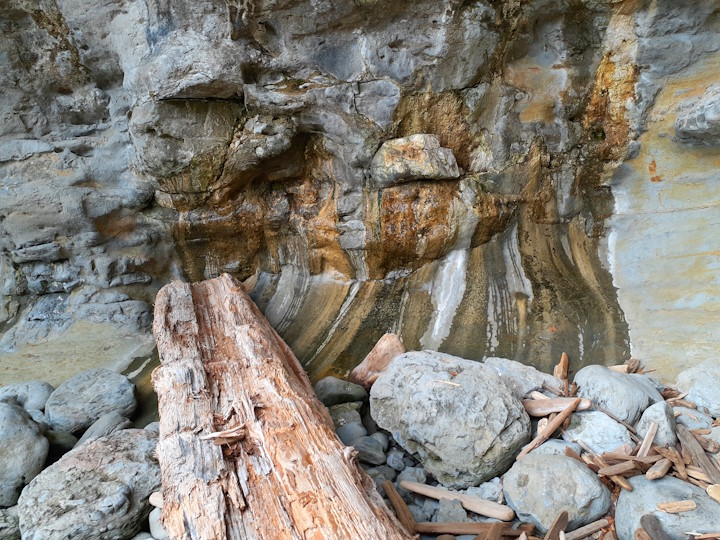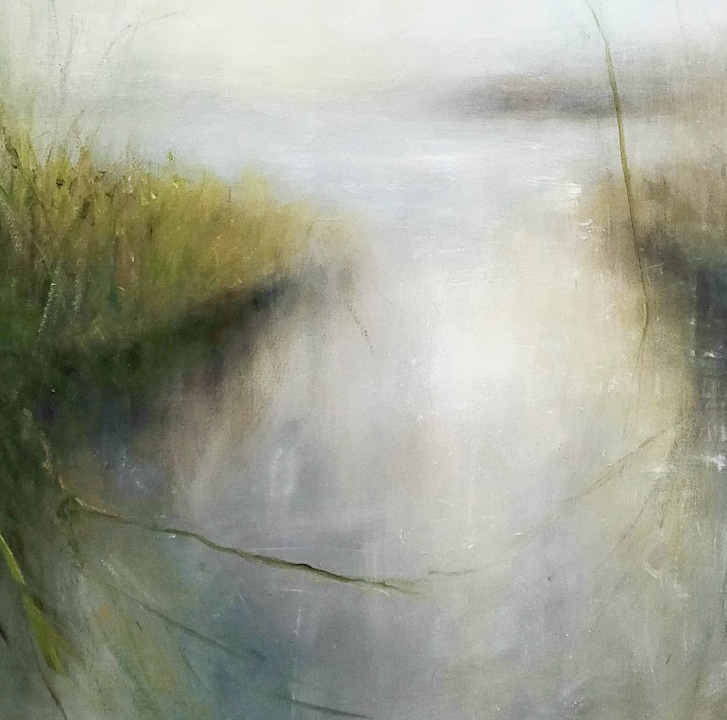When we made it to our 80’s, we said, let’s go for 90.
But that cancer he took home from his mill job,
those decades ago, finally got him.
I keep looking for him, you know?
From the kitchen I keep turning to the dining room table,
where he always sat reading or figuring or planning.
I go out to the garden and I hear him out in our forest,
with his wagon and winch.
And then in the shed making something or other.
He’s all over this place.
I got him to move the love seat over here,
to this side of the porch so we could sit
in the sun and watch the ocean.
Look at this! How did we collect so many binoculars?
Those wires and power poles used to bother me.
But if you look across the Juan de Fuca to the Olympic mountains,
the wires disappear, and everything becomes clear.
We liked watching the storms come in too,
even when it knocked out our power.
Of course Rod was good with generators and everything like that.
It gets so warm here we’d fall asleep.
I nodded off the other day, just a little, you how you do?
half awake, I reached out and held his hand—for real.
Yesterday, I went to his model train room
to look for him; but it was locked up and I couldn’t find the key.
I thought, well, that’s interesting.
You know I miss him so much.
He was the best husband.
He was the one that said I should start publishing my poems.
Before we go out to the little mound, near the burning pile,
we see an eagle land on the crown of a hemlock,
all grace, like an act of creation.
I put him here, between these three trees overlooking the garden;
two old Douglas fir, and this young one.
What do you think, is it a good place?
Do you think he likes it here?
I say I think he likes it here.
Burning pile –Wendy Morton
I carry the windsplit branches
of hemlock, balsam, fir;
their filigree of lichen, pitch.
Add blackberry vines and
the heirloom rose that no longer blooms.Later, I bring paper sunflowers,
full of dust and secrets, old
foolish journals, outdated receipts.It’s not the memories that will burn here;
but last year’s grief,
all smoke, then ash.
 |
This shadow image of Rod Punnett graces the cover of Wendy’s third book of poetry, Shadowcatcher, Ekstasis Editions, 2005. |




